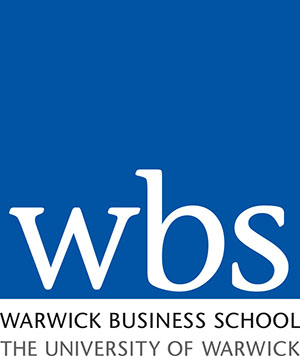- Managing people
Mid-Life Crisis Is No Joke
A call for HR professionals to support employees suffering a mid-life crisis
As this trend has grown, various issues have come to the fore. Mental health, for decades ignored, has been prioritized. Recently, there has been a welcome focus on the debilitating nature of the menopause—also traditionally a taboo subject. Yet, those involved in promoting corporate health and wellness have so far largely disregarded the impact of mid-life crises on the physical and, perhaps to a greater extent, mental health of their employees, managers, and leaders. Rather than being a cause for concern, the mid-life crisis tends to have been seen as a joke or used as a flippant explanation for eccentric behaviour.
As with the menopause, a mid-life crisis is a state that affects established mid-career individuals who might seem to be the least likely to be vulnerable. Possibly this is why the issue has too easily been overlooked. Whereas in fact sufferers may be battling issues that can greatly undermine their performance and, as people often in senior roles, destabilize the workplace.
A new report, from professors and researchers at London, Nanyang, Oxford, Pittsburg, and Warwick Universities, assesses the impact of the mid-life crisis on the health and wellness of today’s workers and managers—a health threat easily overlooked by companies, especially in affluent countries.
The researchers document a crisis of midlife among the inhabitants of rich nations, analyzing data from approximately 500,000 individuals—middle-aged citizens, close to their peak earnings, who have typically experienced little or no illness, reside in some of the safest countries in the world, and live in the most prosperous era in human history. Their core findings reveal hill-shaped patterns in data on midlife suicide, sleeping problems, alcohol dependence, concentration difficulties, memory problems, intense job strain, disabling headaches, suicidal feelings, and extreme depression. These problems increased steadily from the age of 15, peaked and plateaued around the ages of 45 to 55 or 60, and then plunged to their lowest lifetime levels at 75 and older—there did not appear to be especially large differences between male and female patterns,
It would be expected, that middle-aged adults living in advanced developed nations would have extraordinarily cushioned and enjoyable lives. Paradoxically and troublingly, this is clearly not the case. While this is a societal problem as much as a workplace one, and while we might hope the world’s policy-makers would grasp its seriousness, in practical terms, it is in the workplace and through the awareness of HR professionals that individuals are most likely to receive formal help and support. Help because it is to their personal benefit but also because it can improve organizational performance.
Canadian psychoanalyst and organizational consultant Elliott Jaques coined the term ‘midlife crisis’ in 1965, offering anecdotal evidence, and psychoanalytic arguments, for it. It was not certain then or from this current research whether mid-life crisis is a timeless and innate form of human middle-aged phenomena, or whether it is perhaps a by-product of today’s affluent world. Jaques proposed the notion of a paradox of economic progress and humans not being positively influenced merely by absolute prosperity.
For HR professionals, bearing this paradox in mind, awareness and vigilance are essential to ensure that individuals who might seem to be the least at risk—relatively affluent, established, mid-career to late career adults—are susceptible, and may need support in addressing issues that can greatly undermine their well-being and performance at work.
…………………………………………………………………………………………………………………………….
Warwick Business School is a leading thought-developer and innovator, in the top one per cent of global business schools.
ARTICLES YOU MIGHT LIKE
BOOK REVIEW
UCL’s Colin Fisher explains how to understand the invisible forces of group dynamics to build and lead high-performing teams
DEVELOPING LEADERS QUARTERLY MAGAZINE AND WEEKLY BRIEFING EMAILS


































